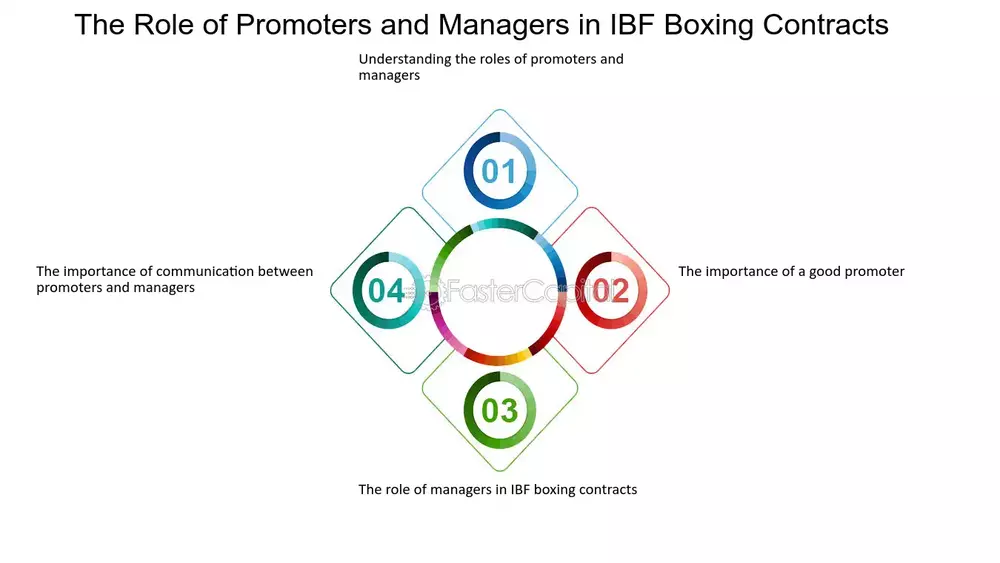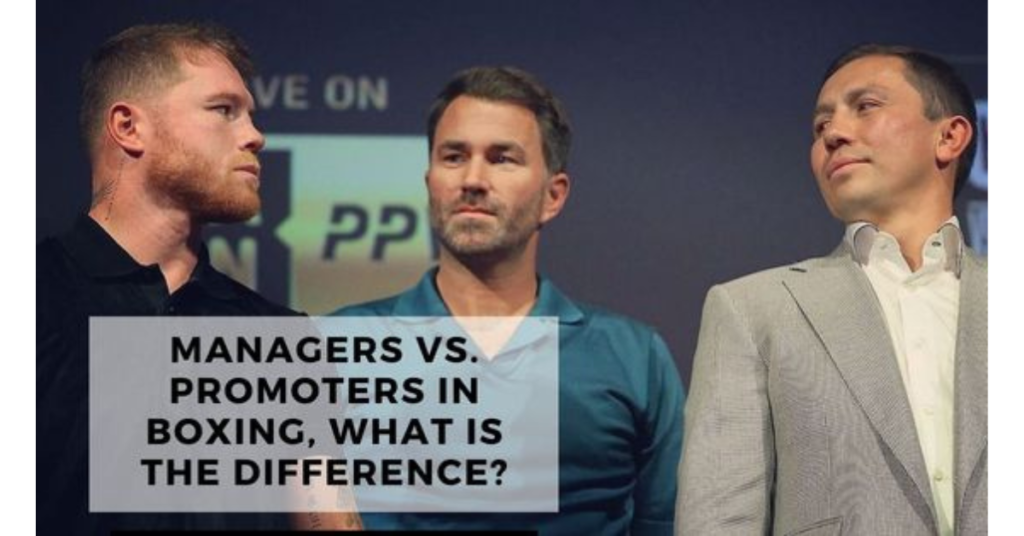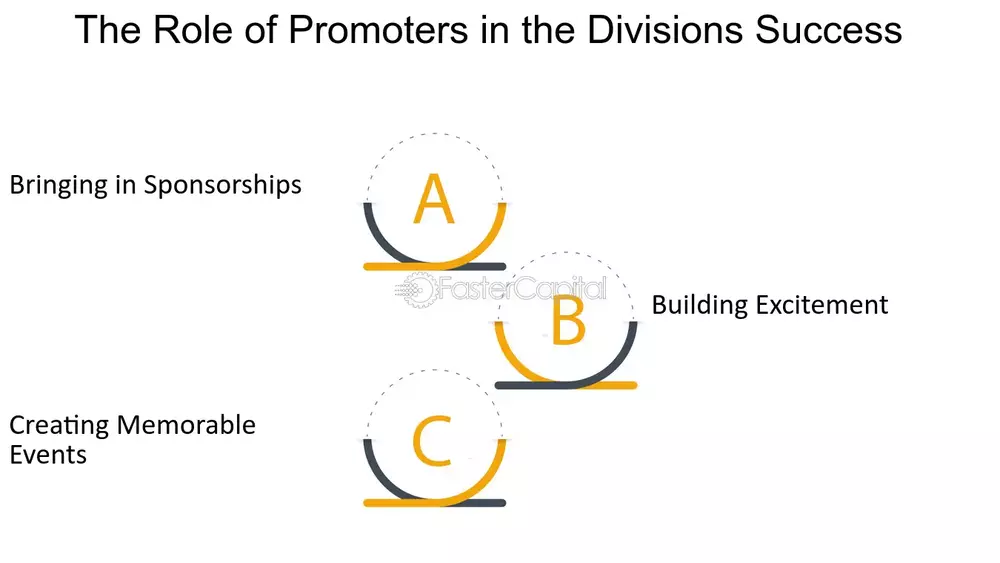Boxing Promoters And Managers are essential in shaping boxers’ careers and contributing to the sport’s success. Promoters organize and market events, ensuring that fights attract attention, sell tickets, and generate revenue. Conversely, managers guide fighters’ careers, negotiate contracts, and ensure their well-being.
While Boxing Promoters And Managers have distinct responsibilities, they must work closely to ensure a fighter’s success in and out of the ring. They create the foundation for the sport’s biggest events and long-term careers.
The Role of a Boxing Promoter
A boxing promoter is the person or organization responsible for organizing and marketing boxing events. Their primary focus is to ensure that a fight attracts attention, sells tickets, and generates pay-per-view revenue.
Promoters make crucial decisions regarding venue selection, undercard fights, and event publicity. Some of the biggest names in boxing promotion include Bob Arum, Don King, and Eddie Hearn, who have all played pivotal roles in promoting some of the most high-profile fights in the sport’s history.
- Organizing Fights: The most significant responsibility of a promoter is to organize and stage fights. This involves negotiating with venues, arranging for television and pay-per-view coverage, and ensuring that the appropriate governing bodies sanction the event. Promoters work closely with both boxers’ teams to finalize agreements, such as the location and date of the fight.
- Negotiating Fight Contracts: Promoters also play a crucial role in negotiating the financial aspects of a fight, such as fighter purses and revenue splits. They negotiate deals beneficial for all parties, from the fighters to the networks broadcasting the event. For example, high-stakes bouts often come with complicated revenue-sharing arrangements involving ticket sales, pay-per-view buys, and sponsorship deals.
- Marketing the Event: One of the most visible roles of a promoter is marketing and publicizing the fight. They are responsible for creating hype around the event to maximize ticket sales and viewership. This includes organizing press conferences, media tours, and public face-offs between the fighters to build tension and excitement. Promoters work with media outlets, sponsors, and advertising agencies to spread the word and ensure a wide audience.
- Building a Fighter’s Brand: Promoters often help fighters build their brands, especially early in their careers. This can include securing sponsorships, arranging media appearances, and cultivating a fan base. Promoters like Floyd Mayweather and Oscar De La Hoya, who transitioned into promotion later in their careers, have used their brands to leverage massive paydays and successful business ventures.
The Role of a Boxing Manager

While promoters prioritize organizing and marketing events, boxing managers seek the fighter’s career and personal interests. The manager acts as the fighter’s advocate and advisor, helping them navigate their career path, choose the right fights, and negotiate contracts.
- Career Guidance: Managers provide long-term career guidance to fighters. This includes helping them choose which fights to take, when, and how often to fight. The manager’s job is to ensure that a fighter is progressing in their career without taking unnecessary risks. They also help fighters plan their training schedules, weigh-in preparations, and even the timing of when to step up to a more challenging level of competition.
- Contract Negotiation: One of the primary responsibilities of a boxing manager is negotiating contracts on behalf of the fighter. Managers ensure that fighters receive fair pay for their efforts and are not exploited by promoters, sponsors, or television networks. They also negotiate ancillary rights like merchandising and appearance fees, ensuring fighters earn revenue beyond their in-ring performance.

- Fighter Well-being: A manager’s responsibility goes beyond just financial matters. They are also concerned with the fighter’s physical and mental well-being. A good manager ensures that their fighter is not overworked, has the proper support from trainers and medical staff, and is mentally prepared for each bout. Managers sometimes have to make tough decisions, like pulling a fighter from about if they believe it poses too great a risk to their health or career.
- Building Relationships: Managers must maintain strong relationships with promoters, trainers, and networks. Their ability to negotiate favorable contracts and secure prime fight opportunities depends heavily on their network within the boxing industry. Many managers come from legal or business backgrounds, giving them the necessary skills to navigate the complexities of the boxing world.
The Symbiotic Relationship Between Promoters and Managers

Promoters and managers must work together to achieve a common goal: the fighter’s success and the event. While there can be tensions between the two—since promoters often aim to maximize profits and managers focus on the fighter’s interests—their roles are complementary. A successful partnership between a promoter and manager can propel a fighter to new heights in their career, ensuring that both parties benefit financially and professionally.
For example, in major boxing events like Floyd Mayweather vs. Manny Pacquiao, the collaboration between promoters and managers was vital in bringing the fight to fruition. Without such collaboration, major events, which take years of negotiation and planning, would never happen.
Faqs About Boxing Promoters And Managers
What is the primary difference between a boxing promoter and a manager?
A promoter focuses on organizing and marketing events, while a manager is responsible for guiding the fighter’s career, negotiating contracts, and ensuring the fighter’s well-being.
Can a boxer have multiple promoters or managers?
Yes, a boxer can work with multiple promoters or managers, although this depends on the terms of their contracts. Some boxers sign exclusive deals with promoters, while others may work with different promoters for various fights.
Who makes more money, the promoter or the manager?
Promoters typically earn more because they take on the financial risk of staging the fight, while managers take a percentage of the fighter’s earnings. However, earnings vary depending on the size and success of the event.
Do all fighters need both a promoter and a manager?
While it is common for fighters to have both, some, especially early in their careers, may not have a manager and might work directly with a promoter.
What happens if a promoter and manager disagree?
Disagreements between promoters and managers are common but often resolved through negotiation. Both parties are vested in the fighter’s success, so they usually work toward a compromise.
Conclusion
Boxing promoters and managers play critical but distinct roles in the sport. Promoters focus on organizing and marketing fights, generating revenue, and creating public interest, while managers concentrate on safeguarding the fighter’s career, negotiating contracts, and ensuring their well-being.
As boxing continues to evolve, the roles of these two figures will remain essential in shaping the future of the sport. For more on comparisons between boxing and other combat sports, check out this article on Boxing vs. MMA Fight Comparisons.



2 Comments
Thanks for sharing superb informations. Your web-site is very cool. I’m impressed by the details that you have on this website. It reveals how nicely you perceive this subject. Bookmarked this website page, will come back for extra articles. You, my friend, ROCK! I found just the information I already searched everywhere and just could not come across. What an ideal web site.
A lot of of the things you point out is supprisingly precise and it makes me wonder the reason why I hadn’t looked at this with this light before. This particular piece truly did turn the light on for me personally as far as this specific topic goes. However at this time there is just one issue I am not necessarily too comfy with and whilst I make an effort to reconcile that with the core theme of your issue, let me observe exactly what the rest of your subscribers have to say.Well done.